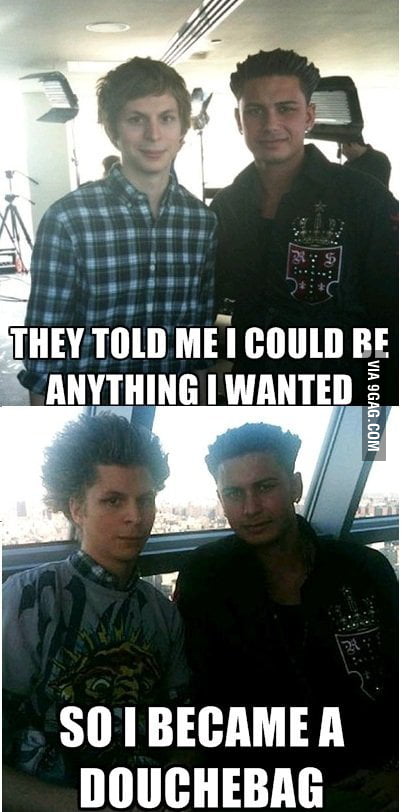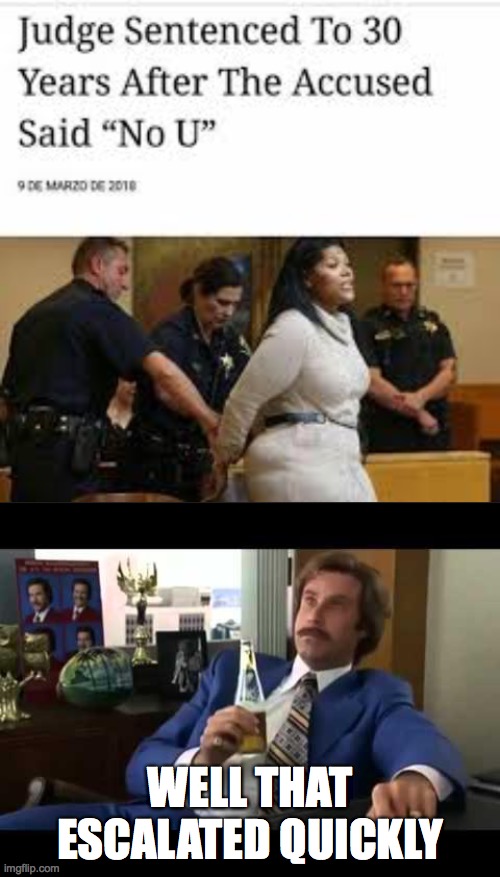
(Nunchakus, he had decided, were too mainstream.) “If I’m going to see a big, crazy fight,” he would later tell an interviewer, “at one point I want to see someone get killed by a trident on horseback.” He was drawing from a mental list he maintained of obscure weaponry, which also included the scimitar and the bill gisarme. McKay had certain ideas locked in place about the fight. After the stunt performers were done, the camera crew, lighting team, and grips had to prepare their own steps as well, in order to ensure that they would stay out of the frame.Īdam McKay, Will Ferrell, Steve Carell, David Koechner, and Paul Rudd on set in 2004. As long as they kept their mouths turned away from the lens, they could communicate without fear of spoiling the shot. The lack of sound was a boon to the stunt performers. The scene was so vast and complex that recording sync sound was nearly impossible. After they had worked out their combat routines, each pair would then synchronize with the other pairs in their vicinity, their careful planning intended to avoid accidental injuries. Once the actors had been prepared for the sequence, the stunt performers gathered and ran through their array of moves, coordinating the thrusts and parries in groups of two. The weapons being used in the scene were primarily made of plastic or fiberglass, but it was still possible for a performer to be badly injured by mishandling one of them. Key grip Lloyd Moriarity, responsible for overseeing the equipment on set, was afraid of the crew’s relaxing too soon, not remaining adequately wary of the nearly infinite number of ways in which the shoot could go disastrously wrong. Next to the video monitor where McKay, Apatow, and cinematographer Tom Ackerman would gather, there was an oversized paper tablet on a tripod with a list of the seventy or eighty shots they needed to capture that day. Not only did the setup involve dozens of shots, many of them with significant technical challenges, but the entire shoot had to be completed with one day of first‑unit work and one day of supplemental shooting by a second unit.

It was so hot that costume designer Debra McGuire brought multiple shirts for each actor, to give them a chance to change out of their sweat‑encrusted clothes over the course of the day. The anchor showdown sequence was to be shot on location in a downtown Los Angeles parking lot on a scorching day, in a mostly abandoned district of warehouses near the Sixth Street Bridge. “Guys,” he told Ferrell and McKay, per a 2013 interview with Vulture, “you should just try taking a pass where you go further.” He suggested they think about what might happen if the news teams really did get into a fight, and the plan for a no‑holds‑barred throwdown began to cohere, with one day designated for the shoot. Meanwhile, producer and all‑around scriptwriting adviser Judd Apatow had prodded the writers in another direction.

They pictured a violent showdown between Ron’s team and a rival news team that would feel like the Jets and Sharks facing off in West Side Story.Īccording to a couple of sources, DreamWorks was insistent that this scene-unwieldy as it was-be cut from the script. Another popular post type are situations that start off completely normal, then instantly turn chaotic.Pondering the relationship between the News Channel 4 team and their rivals in the early drafts of their script, McKay and Ferrell imagined them to be like the juvenile delinquents of classic movies like Blackboard Jungle and The Warriors, squabbling over turf.

"One example I remember is a post about bread hamsters that starts off focusing on how cute the designs are, before quickly devolving into graphic detail about eating them. "Usually, said twist is morbid or sexual in nature," u/zzcolby told Bored Panda. They said that what makes a 'quick escalation' captivating are "mainly something wholesome or innocent becoming the complete opposite within a very short amount of time." We reached out to the subreddit's moderators and one of them, u/zzcolby, was kind enough to have a friendly chat.
#That escalated quickly movie#
According to the famous internet culture catalog Know Your Meme, the quote "That escalated quickly" was originally heard in a scene from the 2004 comedy film Anchorman: The Legend of Ron Burgundy, in which the main character and his colleagues discuss their previous encounter of a violent midday brawl with the rival KQHS Channel 9 evening news team.Īlong with many other memorable lines from the movie, Ron Burgundy's afterthought quickly spread to various comedy and movie forums, as well as comment sections under news articles and other places as a general notion that something has gone out of control quickly.


 0 kommentar(er)
0 kommentar(er)
